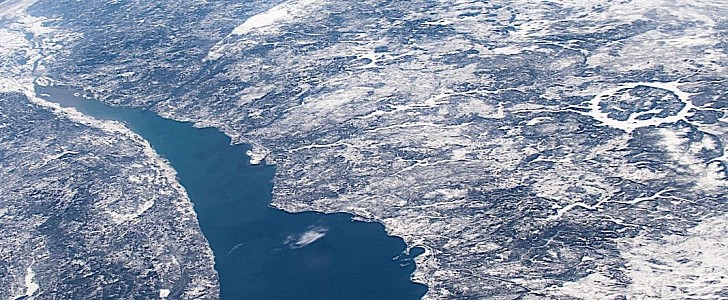We kind of lost track of how many times our world (and others) has been destroyed by asteroid impacts in science fiction movies and books. The dinosaur world that came before us, and possibly some others before that, witnessed such destruction first hand, and chances are we too will be faced with a similar problem. The only difference is we have the capability to fight back. In theory, at least.
Just like the current health crisis caught the world off guard and all our might was demolished in one short year, probably so will our claims of being capable of defending against asteroids. But that isn't stopping us from trying to mount some type of defence.
For a while now, agencies and organizations all over the world have been trying to come up with impact scenarios and our response to them in an attempt to make us better prepared for what will come our way.
This week, the 7th IAA Planetary Defense Conference takes place in Vienna, Austria, and it is there where NASA, ESA, JPL, and others will be playing asteroid impact games. Officially called a tabletop exercise, the idea behind this game is to simulate an asteroid impact.
More to the point, on April 26, the participants pretended they’ve discovered a potentially dangerous near-Earth object (NEO). During this week, people will pretend to have made more discoveries about this imaginary asteroid and then come up with recommendations and responses.
According to JPL, the whole scenario is designed to determine how “observers, space agency officials, emergency managers, decision makers, and citizens might respond and work together to an actual impact prediction.”
It is the eighth scenario of this kind NASA is attending, and it is part of the National Near-Earth Object Preparedness Strategy and Action Plan revealed in 2018.
It is also linked to the Double Asteroid Redirection Test (DART) mission that will be conducted in 2022. The latter will see a suicidal spacecraft hit an asteroid 11 million km from Earth (6.8 million miles) to see if it can alter its course.
For a while now, agencies and organizations all over the world have been trying to come up with impact scenarios and our response to them in an attempt to make us better prepared for what will come our way.
This week, the 7th IAA Planetary Defense Conference takes place in Vienna, Austria, and it is there where NASA, ESA, JPL, and others will be playing asteroid impact games. Officially called a tabletop exercise, the idea behind this game is to simulate an asteroid impact.
More to the point, on April 26, the participants pretended they’ve discovered a potentially dangerous near-Earth object (NEO). During this week, people will pretend to have made more discoveries about this imaginary asteroid and then come up with recommendations and responses.
According to JPL, the whole scenario is designed to determine how “observers, space agency officials, emergency managers, decision makers, and citizens might respond and work together to an actual impact prediction.”
It is the eighth scenario of this kind NASA is attending, and it is part of the National Near-Earth Object Preparedness Strategy and Action Plan revealed in 2018.
It is also linked to the Double Asteroid Redirection Test (DART) mission that will be conducted in 2022. The latter will see a suicidal spacecraft hit an asteroid 11 million km from Earth (6.8 million miles) to see if it can alter its course.

